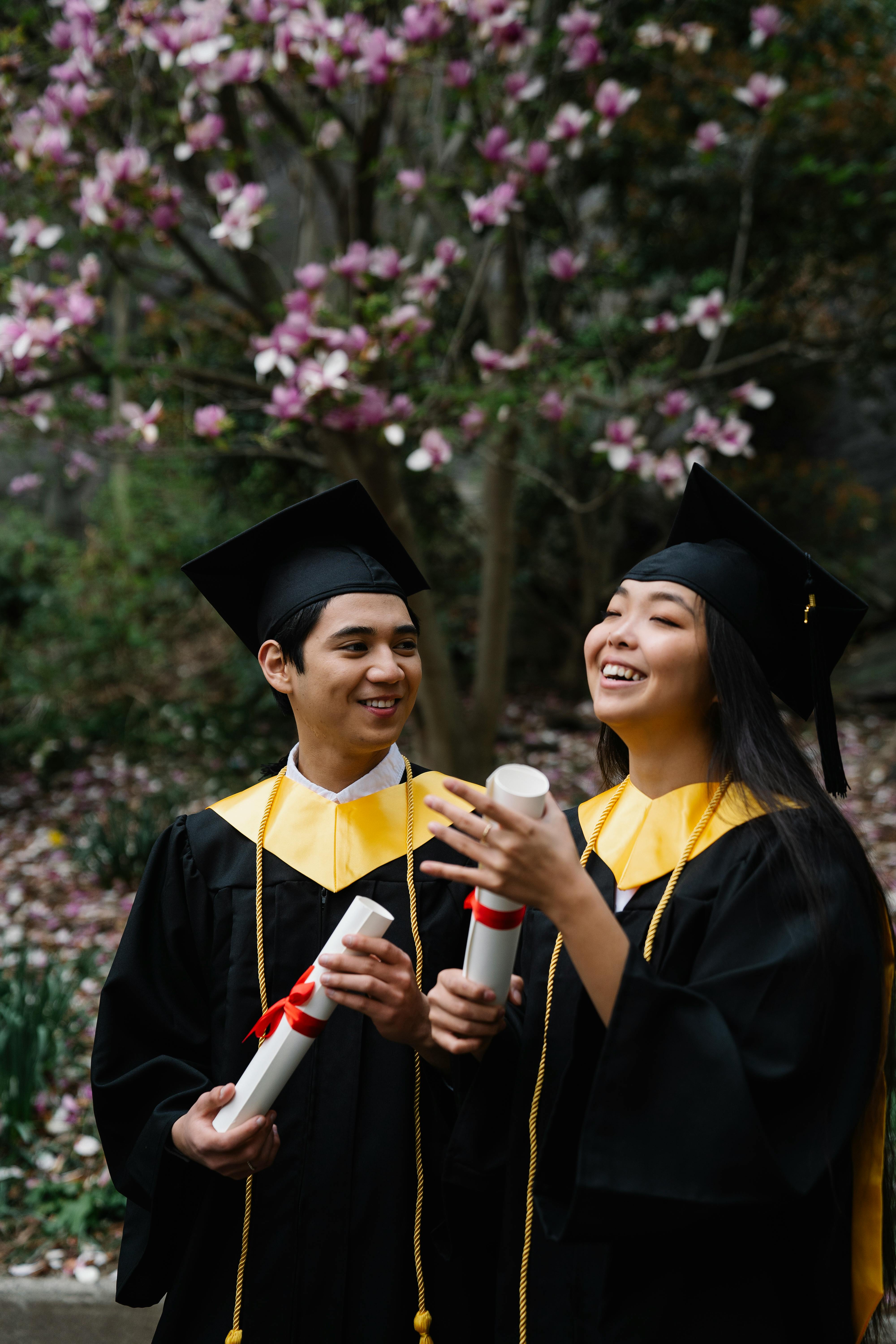How School Friendships Boost Emotional, Social & Academic Success
Estimated reading time: 8 minutes
Key Takeaways
- Friendships formed at school play a critical role in enhancing students’ emotional resilience and mental health.
- Social connections among peers improve communication skills and foster teamwork abilities that benefit long-term social development.
- Academic performance is positively influenced by strong peer relationships through increased motivation, engagement, and support.
- Teachers and parents should encourage healthy friendships as part of holistic educational strategies.
- Actionable tips include creating inclusive environments, promoting group activities, and nurturing conflict resolution skills.
Table of Contents
- Background: The Power of School Friendships
- Latest Research & Analysis
- Data & Case Studies
- Expert Insights & Perspectives
- Practical Tips to Foster Friendships
- Conclusion
- FAQs

Background: The Power of School Friendships
In childhood and adolescence, school friendships often become among the first meaningful relationships outside family bonds. Discover how school friendships enhance students' emotional well-being, social skills, and academic performance in this detailed, research-based article by exploring the profound impact these bonds have beyond the playground.
Emotional well-being, social competence, and scholastic achievement are interconnected domains, each deeply influenced by the quality of a child’s interactions with peers. Friendships at school offer safety, belonging, and opportunities to learn empathy — elements essential for healthy development. Historically, educators and psychologists recognized early on that young learners do not develop in isolation; rather, their academic journeys are intertwined with social experiences.
Latest Research & Analysis
Recent studies have shed new light on this triad—emotional, social, and academic success—and their relation to school-based friendships. For instance, the American Psychological Association highlights that positive peer relationships can reduce stress levels and promote emotional security in children navigating academic challenges.
Moreover, social neuroscience research indicates that children who experience acceptance and affirmation among peers develop stronger social cognition skills. These skills include perspective-taking and conflict resolution, which propel cooperative learning environments and self-regulation in school settings.
Data & Case Studies
A landmark longitudinal study published in the Journal of Educational Psychology tracked over 1,000 students from elementary through middle school. The researchers found that students with close friendships scored an average of 15% higher on standardized academic tests and reported 30% fewer feelings of anxiety or depression compared to peers with weaker social ties.
Case studies from schools that implemented peer mentorship programs reflect similar benefits. For example, a Chicago-area middle school recorded a 20% increase in student engagement and attendance after fostering structured peer groups designed to facilitate friendship-building.
Expert Insights & Perspectives
Dr. Maria Thompson, a child psychologist specializing in adolescent behavior, explains, “Friends at school create a mirror where children see themselves accepted and understood. This validation fosters emotional resilience, which is foundational for focusing on academics and engaging socially.”
She adds that in her clinical experience, students struggling socially often show declining academic performance, underscoring the symbiotic relationship between friendships and school success.
Comparing educational systems worldwide reveals societies emphasizing social-emotional learning curricula tend to have students with robust peer connections and better academic outcomes. This observation makes a compelling case for schools worldwide to prioritize friendship-building initiatives alongside traditional academics.
Practical Tips to Foster Friendships
Understanding the value of friendships lays the groundwork, but how can educators and parents actively encourage these relationships? Consider the following actionable strategies:
- Encourage Inclusive Activities: Promote group projects and social clubs where children can meet peers with shared interests.
- Teach Social-Emotional Skills: Incorporate lessons on empathy, active listening, and conflict resolution in everyday school life.
- Create Safe Spaces: Provide environments where children feel comfortable expressing themselves without fear of judgment.
- Support Peer Mentoring: Older students mentoring younger peers can model positive friendships and provide guidance.
- Engage Parents and Caregivers: Keep lines of communication open and encourage family involvement in school community events.
For a deeper dive on strategies and research-backed insights, Discover how school friendships enhance students' emotional well-being, social skills, and academic performance in this detailed, research-based article.
Conclusion
School friendships do far more than fill recess hours — they shape emotional stability, foster social growth, and amplify academic achievement. Prioritizing the cultivation of these relationships benefits not only individual students but the entire educational ecosystem by creating a thriving, supportive environment.
Parents, teachers, and policymakers all have a role to play in nurturing these vital connections. By intentionally fostering friendship, we equip children with the emotional tools and social skills necessary to succeed inside and beyond the classroom.
Take action today by encouraging inclusive peer engagement and thoughtful social learning programs. The benefits reverberate well into adulthood—building the foundation for confident, capable, and connected individuals.
FAQs
Why are school friendships important for emotional health?
Friendships provide emotional support and a sense of belonging, helping children manage stress and build resilience during challenging school years.
How do friendships improve academic performance?
Peers motivate each other, share knowledge, and increase engagement, which leads to better attendance, participation, and ultimately, improved learning outcomes.
What can schools do to support healthy friendships?
Schools can create inclusive environments, teach social skills, and encourage cooperative learning activities that promote positive and lasting friendships.
Does technology impact school friendships?
While technology can enhance communication among friends, it should complement—not replace—face-to-face interactions vital for developing social skills.
How can parents help their children make friends?
Parents can arrange playdates, encourage involvement in social activities, and discuss the value of kindness and empathy to help children build and maintain friendships.
**Labels:** Health, Social, News
Post a Comment